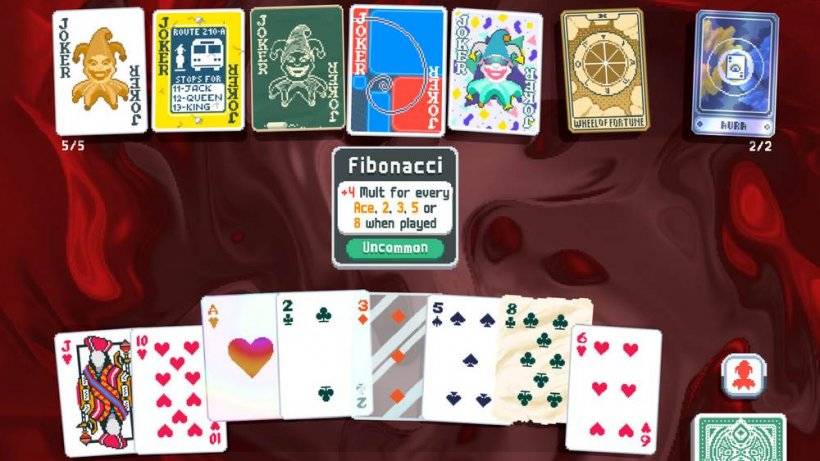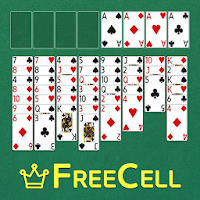It's year-end, time for my "Game of the Year" pick: Balatro. While not my absolute favorite, its success warrants discussion.
By now, if you're reading this around December 29th, you've likely seen Balatro's impressive award haul. It swept Indie and Mobile Game of the Year at The Game Awards, and uniquely won two Pocket Gamer Awards: Best Mobile Port and Best Digital Board Game. Jimbo's creation has garnered widespread praise.
However, its success has also sparked confusion and even anger. Comparisons between flashy gameplay trailers and Balatro's relatively simple visuals have fueled skepticism. Many question why a seemingly simple deckbuilder won so many awards.
This, in my view, is precisely why it's my GOTY. But first, a few honorable mentions:
Honorable Mentions:
- Vampire Survivors' Castlevania expansion: A long-awaited and well-deserved addition.
- Squid Game: Unleashed's free-to-play release: A potentially precedent-setting move by Netflix Games, suggesting a focus on attracting new viewers.
- Watch Dogs: Truth's audio adventure release: An intriguing, albeit unconventional, approach by Ubisoft for the Watch Dogs franchise.
Balatro: A Mixed Bag
My personal experience with Balatro is mixed. It's undeniably engaging, yet I haven't mastered it. The focus on optimizing deck statistics, a frustrating aspect for me, has prevented me from completing runs despite many hours of play.
Despite this, Balatro represents excellent value. It's simple, easily accessible, and not overly demanding. While not my ultimate time-waster (that honor goes to Vampire Survivors), it's a strong contender.
It's visually appealing and plays well. For $9.99, you get an engaging roguelike deckbuilder that's inoffensive to play publicly (the poker element might even impress some!). LocalThunk's ability to elevate a simple concept is commendable. The calming music and satisfying sound effects create an addictive loop. It's refreshingly honest about its addictive nature, albeit subtly.
But why discuss it again? For some, its success is insufficient justification.

Beyond the "Just a Game" Criticism
Balatro hasn't faced the same level of backlash as, say, Astrobot (ironically, after its GOTY win). The reaction to Balatro highlights a common misunderstanding.
Balatro is unapologetically "gamey" in design and execution. It's colorful and engaging without being overly complex or flashy. It lacks a retro aesthetic and isn't a high-end graphics showcase. LocalThunk began it as a passion project, highlighting the indie development journey.
Its success confounds many, both critics and the public. It's not a flashy gacha game, nor does it push technological boundaries. It's simply a "card game" to some.
And that's precisely the point. It's a well-executed card game with a fresh twist. Game quality shouldn't be solely judged by graphics or flashy elements.
Substance Over Style
Balatro's success demonstrates a crucial lesson: Multiplatform success doesn't require cross-platform features or massive multiplayer elements. A simple, well-crafted game with unique style can resonate across mobile, console, and PC platforms.
While not a massive financial success, its low development costs likely resulted in significant profit for LocalThunk.
Balatro proves that you don't need to be a AAA title to succeed. Sometimes, a simple, well-executed game with a unique identity is all it takes.

Balatro's appeal lies in its accessibility. Some players strive for optimization; others, like myself, enjoy it as a relaxed pastime.
In conclusion, Balatro's success underscores a simple truth: You don't need groundbreaking graphics or complex mechanics to create a successful game. Sometimes, being a bit of a "joker" is all you need.















